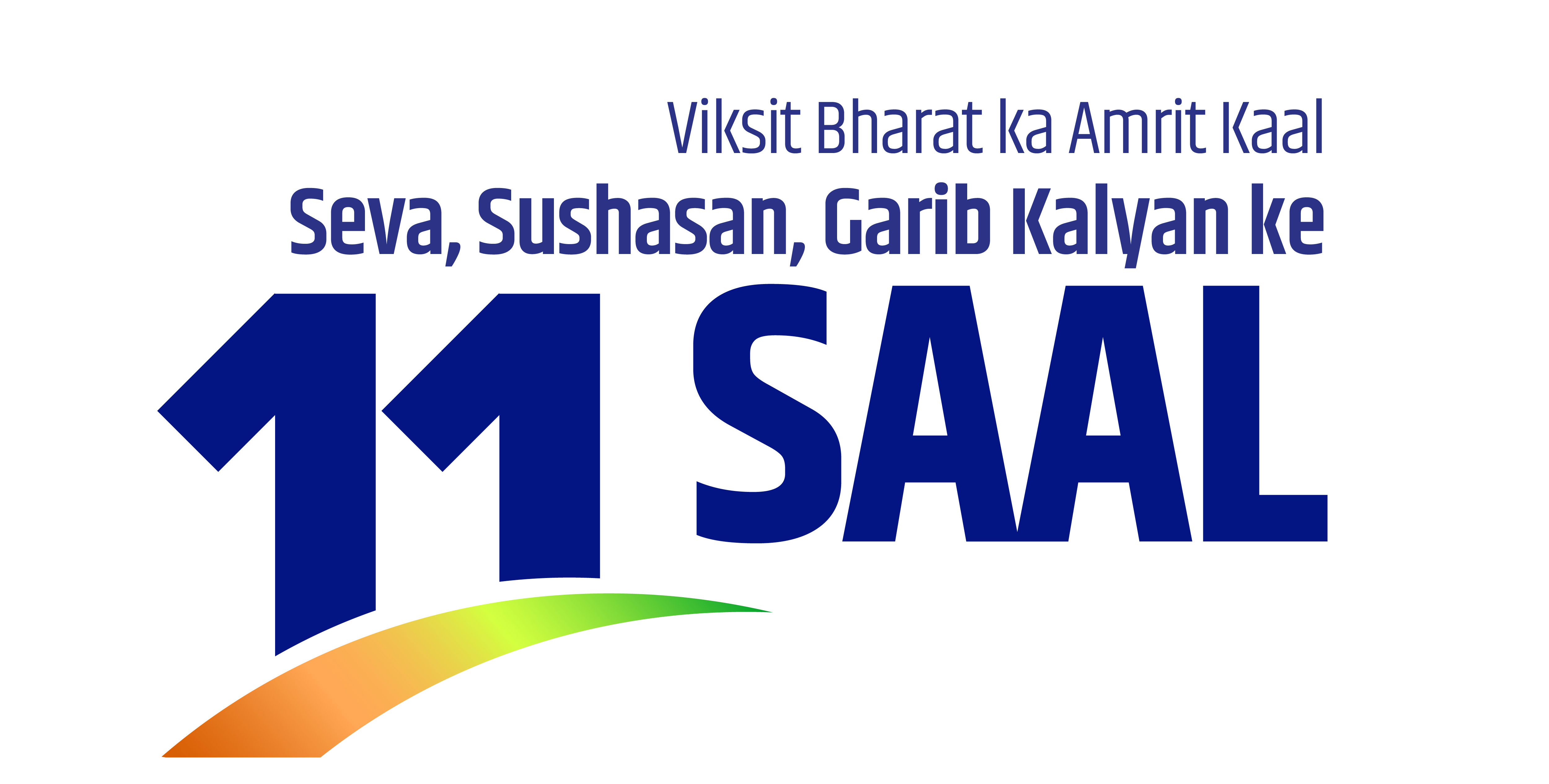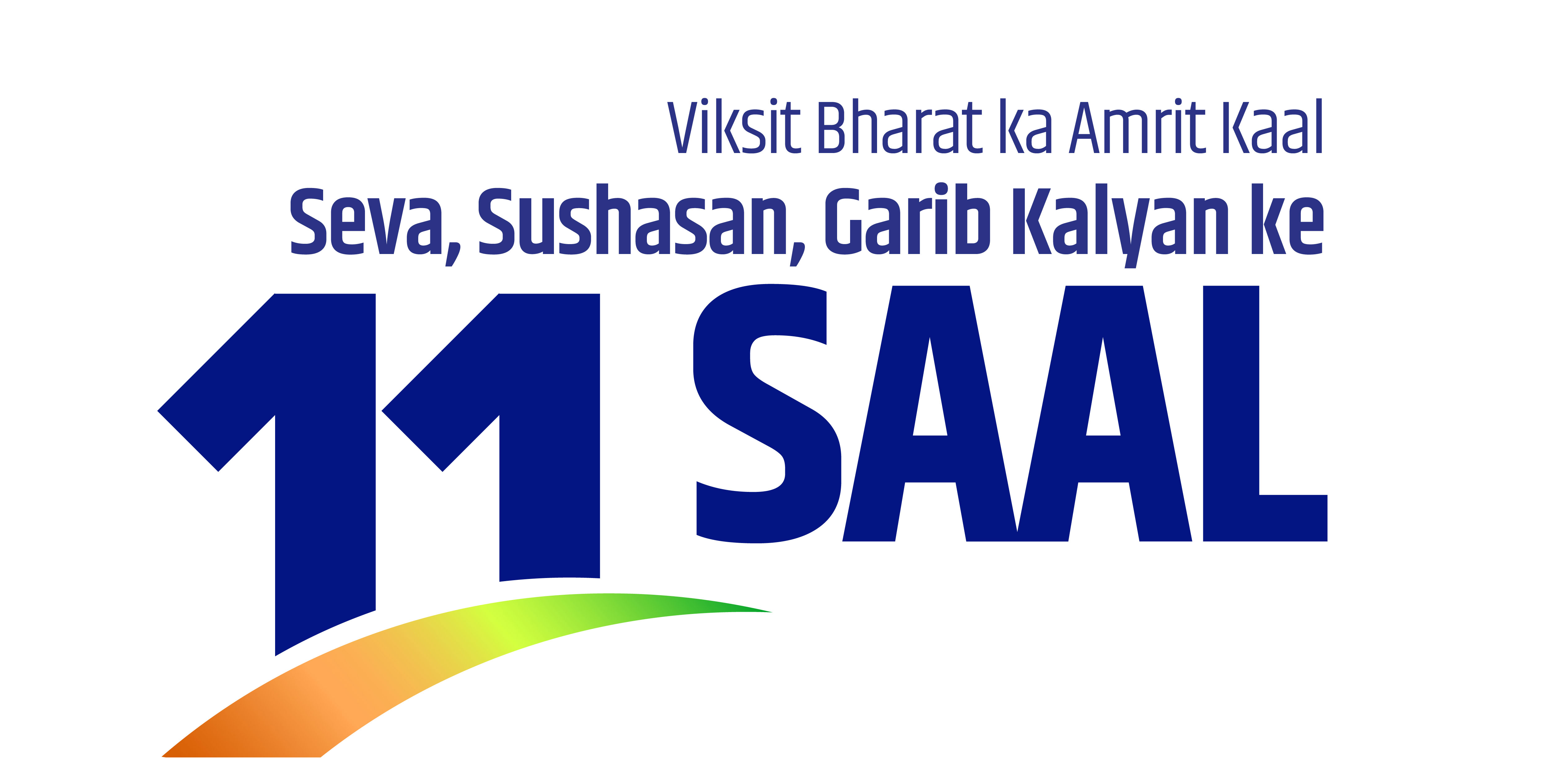

Achievements
- Serving The Poor, Honouring The Marginalised
- Empowering India's Amrit Peedhi
- Ensuring Farmer Welfare
- New momentum for Nari Shakti
- Advancing India's National Security and defence
- Infra at Speed and Scale
- India's Enduring Tech-Prowess
- India: A Global Economic Powerhouse
- Affordable, Accessible Healthcare For All
- Northeast India - A Growth Engine
- Ease of Doing Business
- Vishwamitra : A friend to the world
- Ease of Living For Middle Class
- Conserving Cultural Heritage
- Propelling LiFE Environment and Sustainability
Social Justice and Empowerment – Many Miles Traversed, Many More to Go
2021-05-29 21:52:00
The mantra of the Modi government is – empowerment that ensures dignity. This drives the actions of the government. Ranging from the recognition of rights of transgenders to protecting the downtrodden and granting Constitutional status for National Commission for Backward Classes, a number of steps have been taken in the past.
Be it Citizenship Amendment Act, easing mandatory contributions for ESIC insurance schemes, pension for the unorganized sector, employment, entrepreneurship and skill training schemes for the scheduled castes, scheduled tribes and minorities, or working to empower and protect all segments of society, there have been a wide range of initiatives.
The Modi government has tried to leave no stone unturned in this direction over the past seven years. Transgenders, Divyang, women, the marginalized – a holistic approach has been attempted to address their concerns legally, socially and economically.
Standing With Shramyogis in Tough Times
The past one year has been difficult for the workers who are the backbone of our economy. Through the Employee State Insurance Corporation (ESIC) umbrella, beneficiaries were helped in various ways through the past year. Insured people and their family members in case of being infected with COVID-19 can avail free of cost medical care in any of the 21 ESIC hospitals and 26 ESI Scheme Hospitals run by State governments having exclusive COVID facilities. Beneficiaries are also allowed to seek Emergency/non-Emergency medical treatment from tie-up hospitals directly without referral letter, and reimbursement of expenditure claims are also accepted.
Insured people abstaining from work due to COVID-19 can claim sickness benefit for the period of abstention as per entitlement, while any insured person losing work can avail relief under Atal Beemit Vyakti Kalyan Yojana (ABVKY).
Due to COVID-19 and lockdowns in various states, many factories were closed for months together. This meant that people insured under ESIC couldn’t meet the required number of mandatory days of contribution. Therefore, ESIC decided to extend the relief to such people by relaxing the contributory conditions for availing the sickness & maternity benefits.

Empowerment Through Education, Skill Development and Entrepreneurship
Empowering through education and skill development is one of the ways to strengthen and secure dignity of the oppressed sections. In this regard, the action to revise the ₹59,000 crore Post Matric Scholarship for Scheduled Caste students with increased central funding during 2020-21 with a 5% annual increase each year is a huge step. With this, the Narendra Modi government has given a big push for education for SCs which will impact more than 4 crore SC students in 5 years.
Even the tribal population saw a release of ₹1,830 crore of post-matric scholarships for the year to ensure that children do not drop out of school in these critical times. While COVID has slowed efforts, the government remains committed to setting up 750 Eklavya model residential schools in tribal areas, with increased unit cost per school of ₹38 crore, while for hilly and difficult areas it is pegged at ₹48 crore.

The acute need for skill development among tribals has been felt for a while, and the ongoing pandemic has only necessitated stronger steps to push in this direction. Given the scenario, the government prudently launched the “GOAL (Going Online As Leaders)” programme. The GOAL programme provides mentorship to tribal youth through digital mode to enable their personal development as well as contribute to all-round upliftment of their society.
Similarly, the “Ambedkar Social Innovation and Incubation Mission (ASIIM) under Venture Capital Fund for SCs” promotes innovation and enterprise among SC youth.
This compliments the ongoing efforts under Stand Up India, whereby ₹25,987 crore of credit for entrepreneurship has been disbursed to over 1.15 lakh applicants belonging to the Scheduled Castes and Scheduled Tribes and women. The Finance Ministry has also worked to improve Stand Up India further by reducing the margin money requirement from 25% to 15%.

Addressing Inequities Faced by Nomadic Communities, Enacting Reservation for Economically Weaker sections
This government has also come forward to address the challenges of extremely disadvantaged communities in India. The Development and Welfare Board for Denotified, Nomadic and Semi-Nomadic Communities (DWBDNCs) constituted in 2019 for the development of these communities saw movement, with funds being sanctioned to NITI Aayog for conducting ethnographic study of 62 tribes/communities. This is important, as the study findings can help the government formulate and implement welfare and development programme for De-notified, Nomadic and Semi-Nomadic Communities alongside redressing their grievances and fulfilling their expectations.
None Left Behind
To ensure no one is left behind, minority beneficiaries now receive scholarship, fellowship, interest subsidy directly into their bank account. The educational schemes cover scholarships for all levels, fellowships and interest subsidy to promote higher education and support for providing good quality coaching to enable minorities to capitalise on employment opportunities. Funds up to ₹1,325 crore have been released while 55.7 lakh scholarships were awarded to minority community students till December 2020.

The spirit of doing the right thing manifests itself throughout the Modi government’s actions, a microcosm of which has been highlighted here. What it shows clearly is how the government remains committed to social justice, and is desirous of leaving no stone unturned to create a just and socially empowered society.
More Articles

Serving The Poor, Honouring The Marginalised
प्रधानमंत्री आवास योजना : सशक्त भारत के निर्माण में किफायती आवास की भूमिका
June 7 , 2025
परिचय भारत में वर्ष 2014 से पहले आवास की समस्या एक गंभीर चुनौती थी। खराब मकान, अपर्याप्त स्वच्छता, सीमित शिक्षा, और पीढ़ियों से चली आ रही गरीबी ने लाखों लोगों का जीवन मुश्किल बना रखा था। उस समय की सरकारों ने संरचनात्मक सुधारों पर कोई ध्यान नहीं दिया, जिसके कारण गरीबों और उपेक्षितों का बेघर होना और अस्वच्छता जैसी समस्याएं बनी रहीं। लेकिन वर्ष 2014 में देश के नेतृत्व में बदलाव और प्रोएक्टिव गवर्नेंस ने इस दिशा में नई उम्मीद जगाई। मोदी सरकार द्वारा वर्ष 2016 में प्रधानमंत्री आवास योजना (PMAY) लॉन्

Serving The Poor, Honouring The Marginalised
भारत: आर्थिक समावेसन का वैश्विक उदाहरण
June 7 , 2025
वर्ष 2014 तक, भारत में वित्तीय समावेशन का प्रदर्शन बहुत निराशाजनक था। आजादी के 60 साल बाद भी, लगभग 50% भारतीयों के पास बैंक खाता नहीं था। स्वतंत्र भारत के आर्थिक इतिहास में वर्ष 2014 कई मायनों में एक निर्णायक मोड़ बना और नवनिर्वाचित नरेंद्र मोदी सरकार ने वित्तीय बहिष्कार की समस्या को गंभीरता से लेते हुए इसे हल करने के लिए कदम उठाए। 15 अगस्त 2014 को लाल किले की प्राचीर से पीएम नरेंद्र मोदी ने प्रधानमंत्री जन-धन योजना (PMJDY) की घोषणा की, जो वित्तीय समावेशन की दुनिया की सबसे बड़ी पहल थी। 28 अगस्त 2